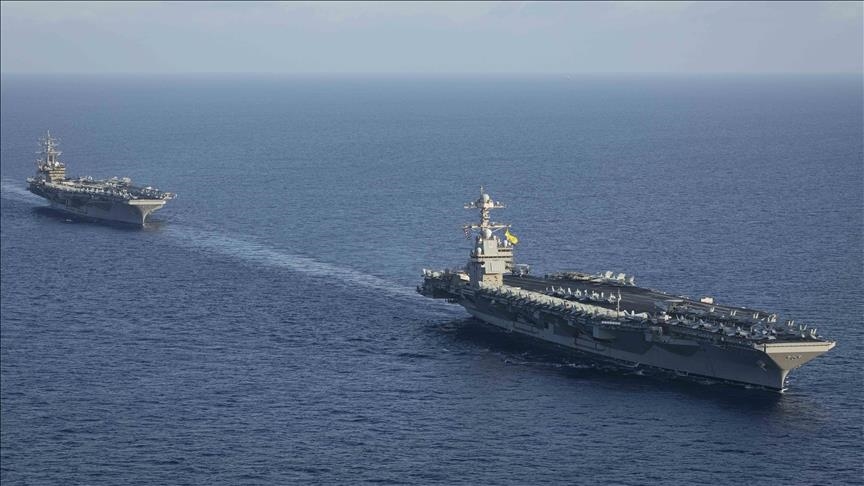Australia Is Great–Why Make It a Prop for Interventionist Claptrap?
Leave it to Charles Krauthammer to take something as simple and decent as a paean to a country he loves and admires (in this case, Australia) and turn it into another tendentious argument about interventionist foreign policy:
That bravery breeds affection in America for another reason as well. Australia is the only country that has fought with the United States in every one of its major conflicts since 1914, the good and the bad, the winning and the losing.
Why? Because Australia’s geographic and historical isolation has bred a wisdom about the structure of peace — a wisdom that eludes most other countries. Australia has no illusions about the “international community” and its feckless institutions. An island of tranquility in a roiling region, Australia understands that peace and prosperity do not come with the air we breathe but are maintained by power — once the power of the British Empire, now the power of the United States.
There are actually things in life that don’t relate to the debate about American hegemony, the war in Iraq or the deployment of military forces overseas, but somehow no Krauthammer column would be complete without setting his appreciation for Australian plain speaking, common sense and bravery in the context of warmongering.
Yes, the Australians have been in every major conflict alongside the U.S. since 1914, except for the abomination of Kosovo. So, as it happens, have the Canadians, who were “with us” in Kosovo and not Vietnam, though they get no credit from the Canadian refugee Krauthammer for being almost as steadfast. However, they have typically had better reasons to be in some of these fights than we have. The Australians arguably had actual compelling reasons of immediate national defense and national interest in WWII and, less directly, Vietnam (the success of communism in southeast Asia probably would have seemed of more immediate importance to Australian security than it would have reasonably been for America). Unlike Washington Canberra has typically not gone looking for fights to involve itself in. But what Krauthammer never asks (I’m sure it does not occur to him) is whether Australia and America being in all of these conflicts together has actually been better for either nation. On the American side, I see scant benefit. Perhaps there are Australians out there who can explain how these wars have benefited their country.
Sadly, Krauthammer describes Australian involvement in WWI and WWII in this way:
Australia joined the faraway wars of early-20th-century Europe not out of imperial nostalgia but out of a deep understanding that its fate and the fate of liberty were intimately bound with that of the British Empire as principal underwriter of the international system. Today the underwriter is America, and Australia understands that an American retreat or defeat — a chastening consummation devoutly, if secretly, wished by many a Western ally — would be catastrophic for Australia and for the world.
This is risible, in part because it is not correct but mostly because it is opportunistic nonsense. Australians were sent to fight in Britain’s wars precisely out of a sense of imperial loyalty and solidarity. Typically, the Australians were ill-served for their loyalty. The “transcendent courage” at Gallipoli was necessary in part because of the monumental arrogance and incompetence of the imperialists in London–the Australian, New Zealander and Commonwealth soldiers there rose to the impossible occasion brought about by a quarrel among European powers on the other side of the world. The Australians today might be forgiven for thinking that their men were used (and, to some small degree, are still being used) as cannon fodder in wars that have had nothing to do with them. Do Australians now really want to hold the coat of another hegemon? Krauthammer seems to think so. I hope the Australians, who are a great people regardless of which foreign policy they choose to follow, prove him wrong.
